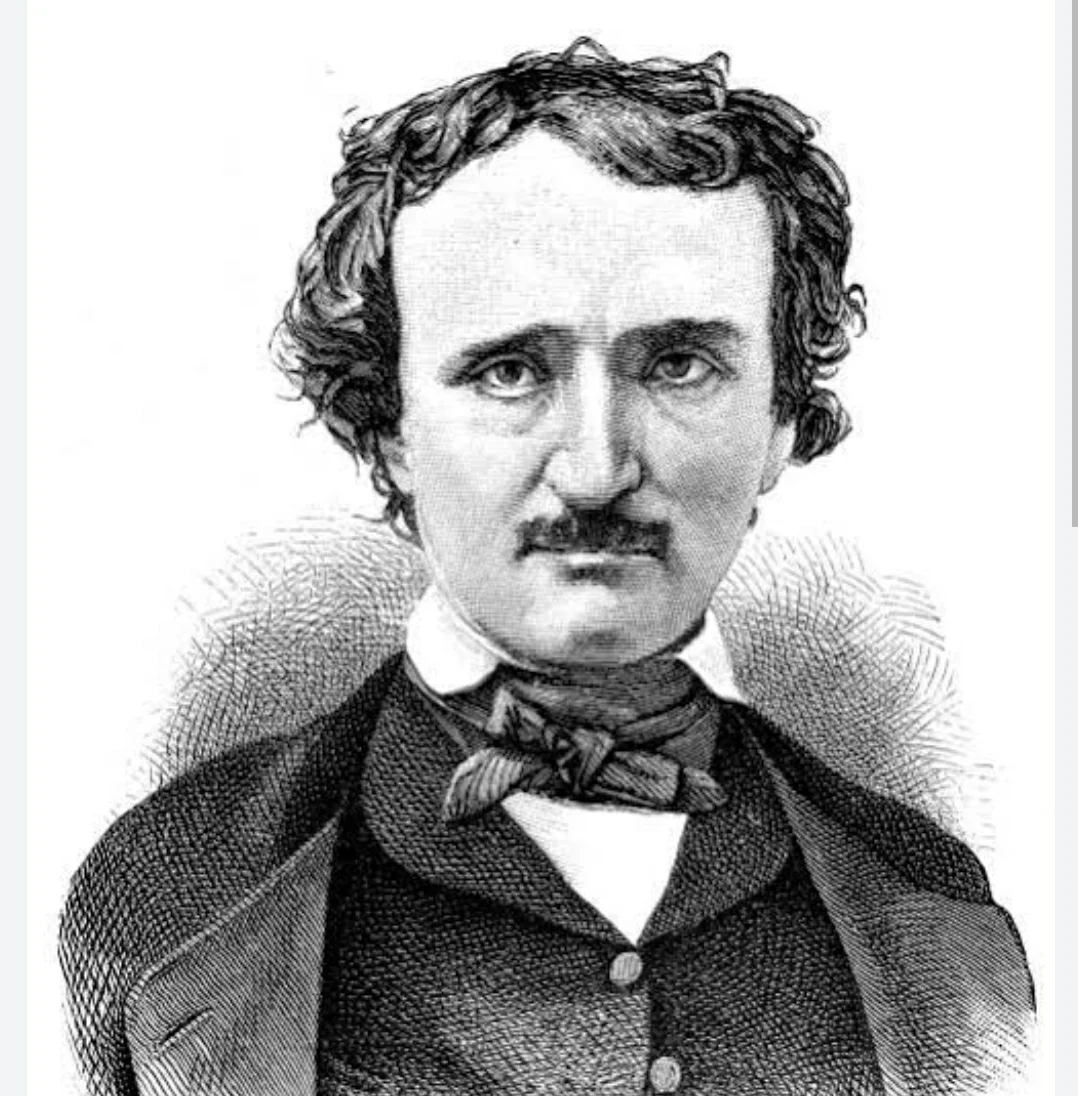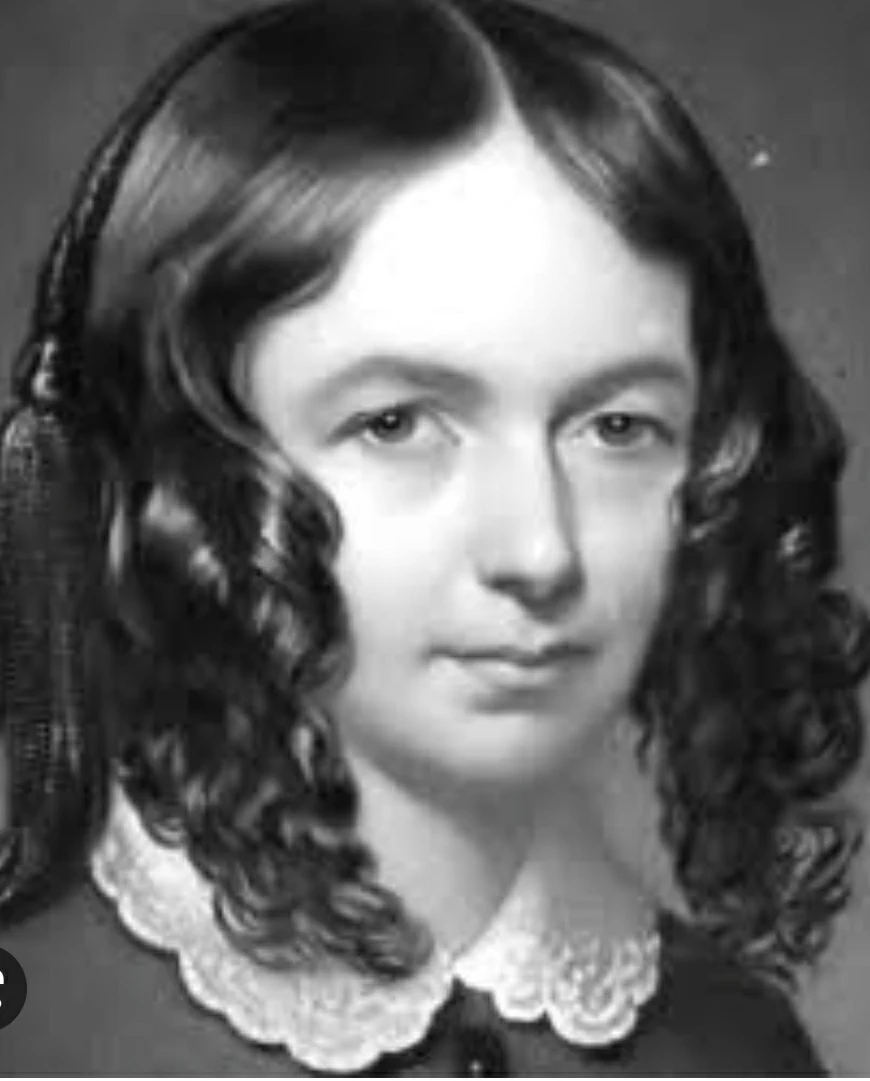A Pinch of Salt: Foreword by M.A. Rathore
FOREWORD
‘A Pinch of Salt’, by Rajni Chhabra is a hallmark of modern poetry. She writes in English as well as Hindi, Rajasthani, Punjabi and Siraiki. Her books have been translated widely into more than a dozen Indian dialects. She is also a milestone in translation work and has translated more than 21 books from Rajasthani, Hindi, Punjabi and Nepali. ‘A Pinch of Salt’, is her 22rd book in the series. As a lecturer in the Department of Education, she has authored a grammar book for the Board of Secondary Education.
‘A Pinch of Salt’, is a bunch of flowers in the garden of Modern English poetry. A pinch of salt when added to any vegetable increases the taste and flavour of the food. This book multiplies the theme and thoughts in a wonderful way to entertain worthy readers. She does not provide only the facts a modern poet usually presents, but makes the readers think about the situation, imposing some questions in front of readers and trying to find the perfect solution.
Rajni Chhabra’s range of subject material reaches from the social aspects of day-to-day to life’s most chaste sphere that surrounds a poet who has spent most of her time conceiving its emotional touch rather than just expressing the event and telling the facts of life. She just recounts not only the trends, but also the gist of the thought that mostly attracts the attention of the readers abruptly.
Her diction suits the thoughts and emotions which work together to create an impressive scenario of the social threads knit superbly in which we find her dictating the work of a genuine poet where she elaborates hue of life’s devastating sobs and sighs of the common people. Sometimes her words are so pathetically expressed that the hearts of the holders of heart and mind move instantly, not just imitating the stories told by an idiot in some decorative court to make fun. She never goes far and wide to get her poetic images rather than deduces them around her.
From the very first poem entitled Poet, Rajni Chhabra describes the function of a poet who sustains in him the sufferings, sentiments and sensations of others expressed through strings in words.
Her poetry flows like a murmuring river humming in her mood, aspiring to meet her celestial domain where she finds sustenance, losing her attributes of sweetness, merging into the calmness, and embracing the absolute as a whispering desire. In her poem Murmuring River, she asks the river why she is in a hurry to meet the sea and whether she has kept promises to someone. The poetess warns her not to think about her merging into the sea. The river will lose its individuality and sweetness as soon it merges into it.
But that lovelorn river
Did not stop flowing
Lost her attribute of sweetness
Merged in hard water
Embracing the sea...
Her imagery finds its way to reach the boundaries of unknown lands where the wind whispers secrets and memories carry the scent of blooming flowers and stories of the past bring peace and harmony to the ears of the poetess. The rustling leaves of autumn remove the sorrows of the poetess in its gentle breeze and whisper silence that reminds her of life’s choice to let go, flow, and be free. The poetess finds herself at ease when she is in the company of the whispering winds. She becomes nostalgic for the forgotten days when the wind blew and carried the scents of the blooming flowers. She writes fantastically thus,
In its gentle breeze, I find my peace
A sense of calm, my worries release
Like autumn leaves my fears rustle away
As the wind’s soft whispers stay.
Her metaphor attracts so poignantly that the readers cannot escape from the sting of the satire. Butterfly, being the epithet of the life of a girl child reminds us of the hard reality of the modern girl who moves in a lofty pride fearlessly, is an easy prey of the defective eyes, will get confined in pages of books to entertain someone.
Modern technology though is a new way to explore unexpected secrets of life yet it deviates human relations and confines man with self, guiding him in unfamiliar countries from East to West and North to South. It removes the fear of losing anywhere. Now Google Baba is something that old parents used to guide the later generations. Now man is not dependent on man but the ultimate conjugation lies in the relationship of man to man.
On an unfamiliar path
In an unknown city
There is no fear of
Getting path deviated
Google map protects all
Showing way to
Strayed travellers.
A wall that is raised between two families is not a wall to part with the relation of them. A helpless mother, with heavy heart, sorrowfully consents to constructs a wall between two brothers, yet feeling the pangs of separation, she is unable to live far from the emotions she is bound to genetically. She ultimately wanders on the wings of her mind and spends sleepless hours rendering support to her baseless life. She draws our attention when she writes,
Squeals of infants
On the other end of the wall
She forcibly
Curtails her eager steps...
And then she questions whether she will stop the flight of her mind. She wanders across the wall flying on wings of mind.
Leading a life depends on the choice, whether the person wants to share his golden moments with the public or make it a secret for himself. Life is colourful with its variegated colours and shades. One should not worry about the dark and dings of life rather he should believe in positivism because the sorrows and sufferings of life are just the thick and thin of life. One should behave like a rose crowned with glory only when it passes its life through a long journey of thorns. One should not think negatively because there is always a silver line flashing on the margins of the dark clouds when the mild Sun shines after the cold nights. Its tender touch makes it bloom in every corner of the world. The life of a man should be like that of a Bichhu- Buti, a herb that blooms afresh with its colourful glory even if it is uprooted in any season and planted anywhere.
In the poem New Trends, the poet reminds us of the time when people got pure and cold water from the river directly, after that, it was managed for the travellers by providing it through the hut of pitchers. It was free of cost but these days it is replaced by bottled water to be paid for and drunk.
The poem, Abode of Happiness draws our attention especially when the poetess compares the life of a sparrow with that of human life so superbly. A sparrow furnishes her nest by fetching straws, a bit of cotton and some threads together. Then she manages some grains to feed her darling young ones and thus enjoys the bliss of motherhood. As soon as the birds can take flight their mother, though weak, stays alone in the deserted nest. Now the work of feeding is done by the abler birds.
With sunset
Birds return to their nest
Holding grains in beak
To feed their mother
Such a relationship flourishes
In the world of empathy
Nest tinged with love
Becomes an abode of bliss.
In the poem Connection with Roots, the poetess also compares life in the rural country with that of the urban or city life. She reminds us of the reveries of the village with its beautiful dwellings, cool rustling breeze, cuckooing of the nightingale in grooves, and pure, cool water in rivers with murmuring flow in which the heart of the poetess gets eager to revive these memories. She thinks of a fluffy flatbread baked on burning firewood and lentils boiled on the low fire of the earthen stove with a matchless aroma that reaches the nostrils thus instigating appetite. She further expresses that we have been entangled in the complications of urban life and exhausted with the fatigues of the entire day that we have to take an appetizer to gulp two morsels of food, as far as the children are concerned they are not enjoying their meals instead of thrusting their eyes in TV. Now there no longer remains the pure and natural air, the stories of fairyland are just nostalgic for the age.
The poetess wishes God to let the goblet of her life remain half-fulfilled so that her endeavour persists to fill it. She does not yearn for perfection, because being perfect we forget our endeavour to achieve more heights in life. It should not be filled like the goblet that does not make the sound of perfection rather it should remain half-fulfilled so that our endeavour persists in gathering more drops in it. She desires to be imperfect. She proclaims,
Let me subsist
In a little bit of imperfection
And let me relish
From goblet of life
Drop by drop
Let me live persistently
Striving life.
Wishing her all the best!
-M.A. Rathore
Author, Poet & Critic
Hanumangarh (Raj.)
World Icon of Peace, Nigeria
Email: ma.rathore786@gmail.com
















































